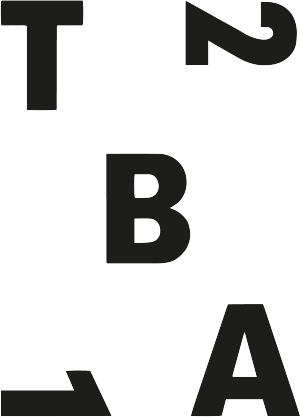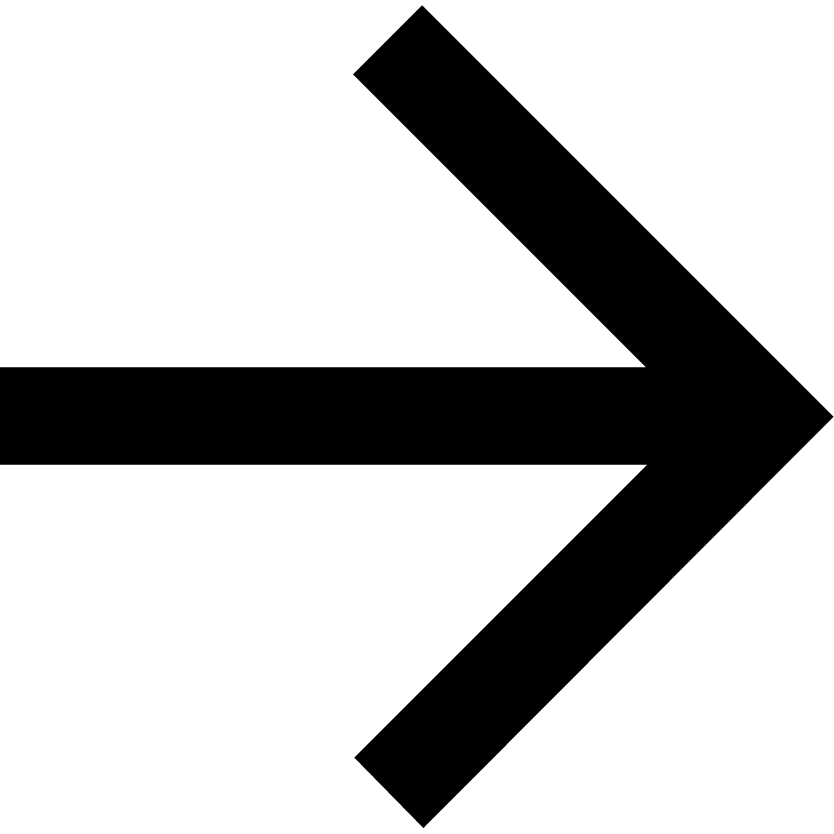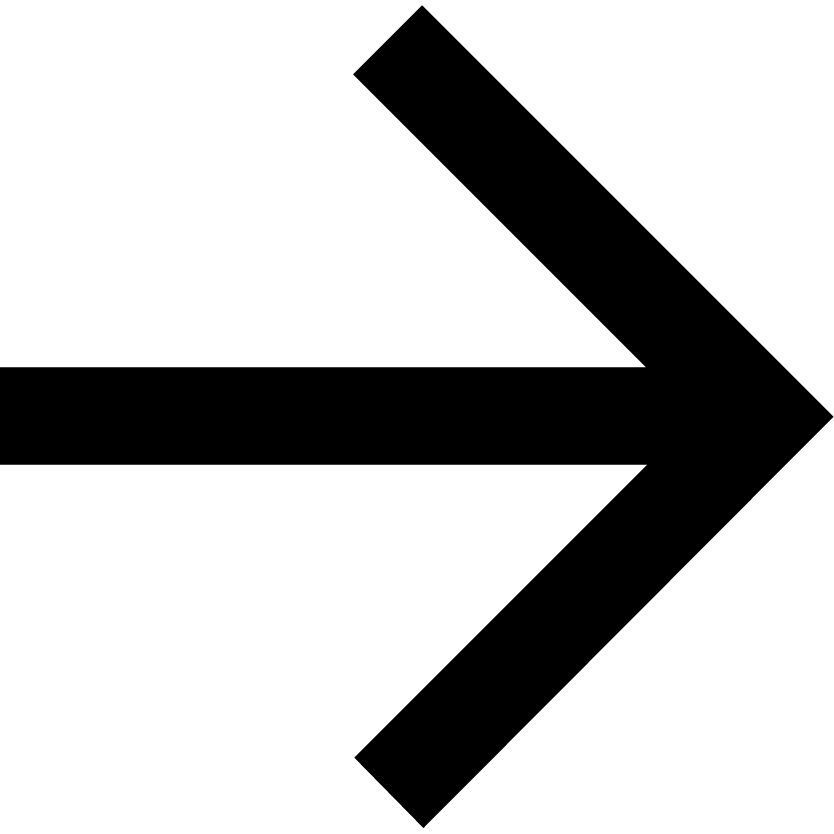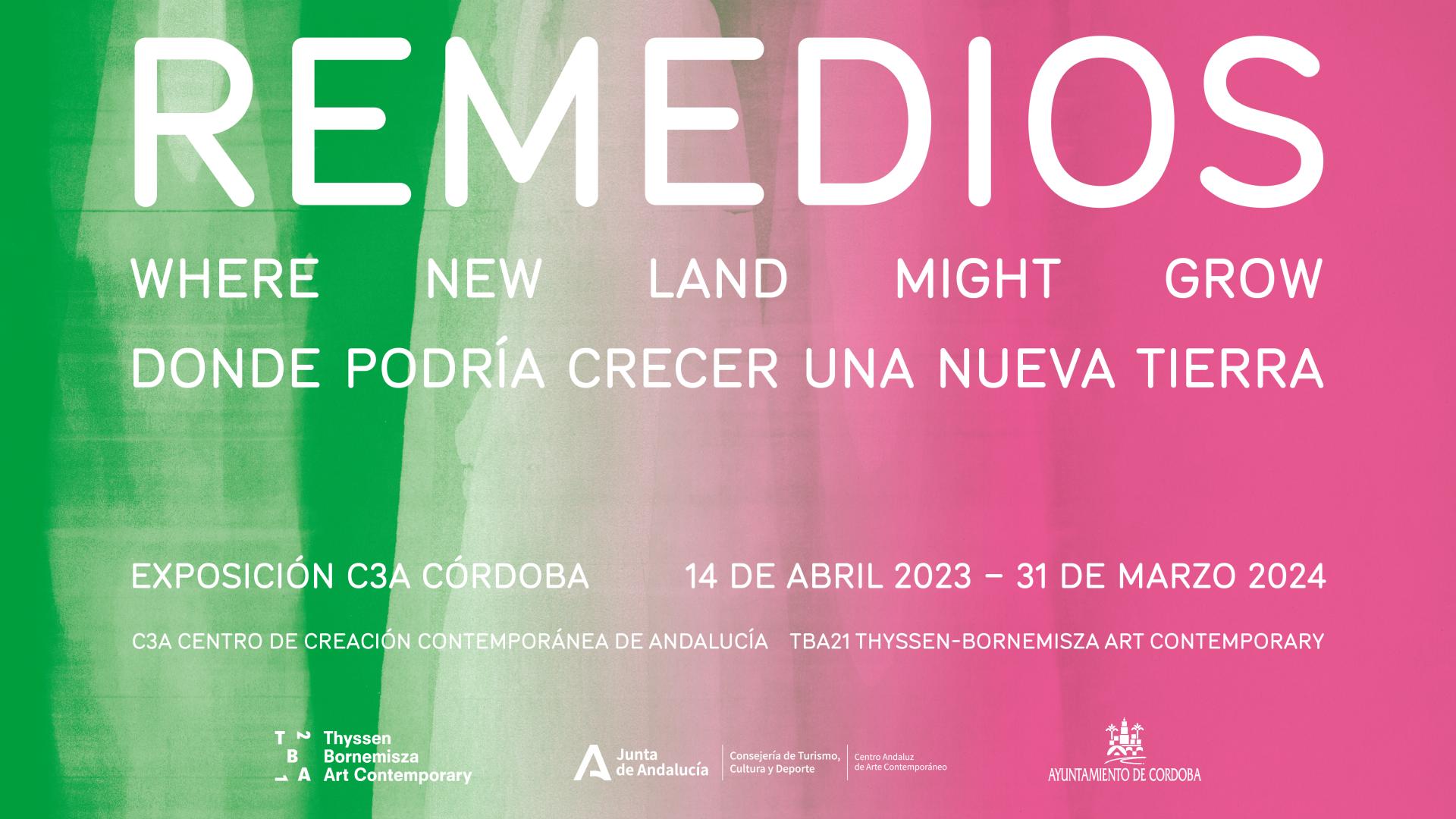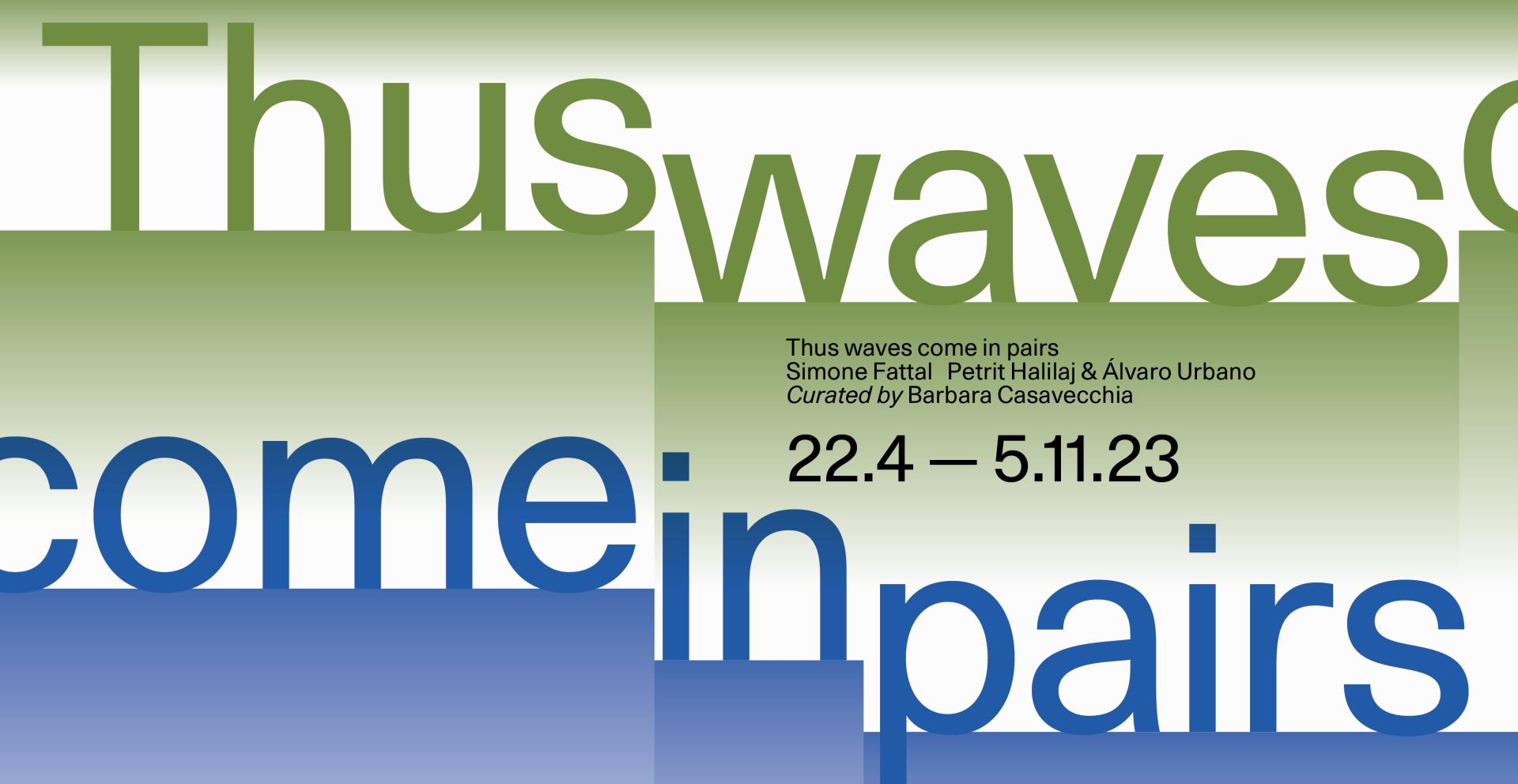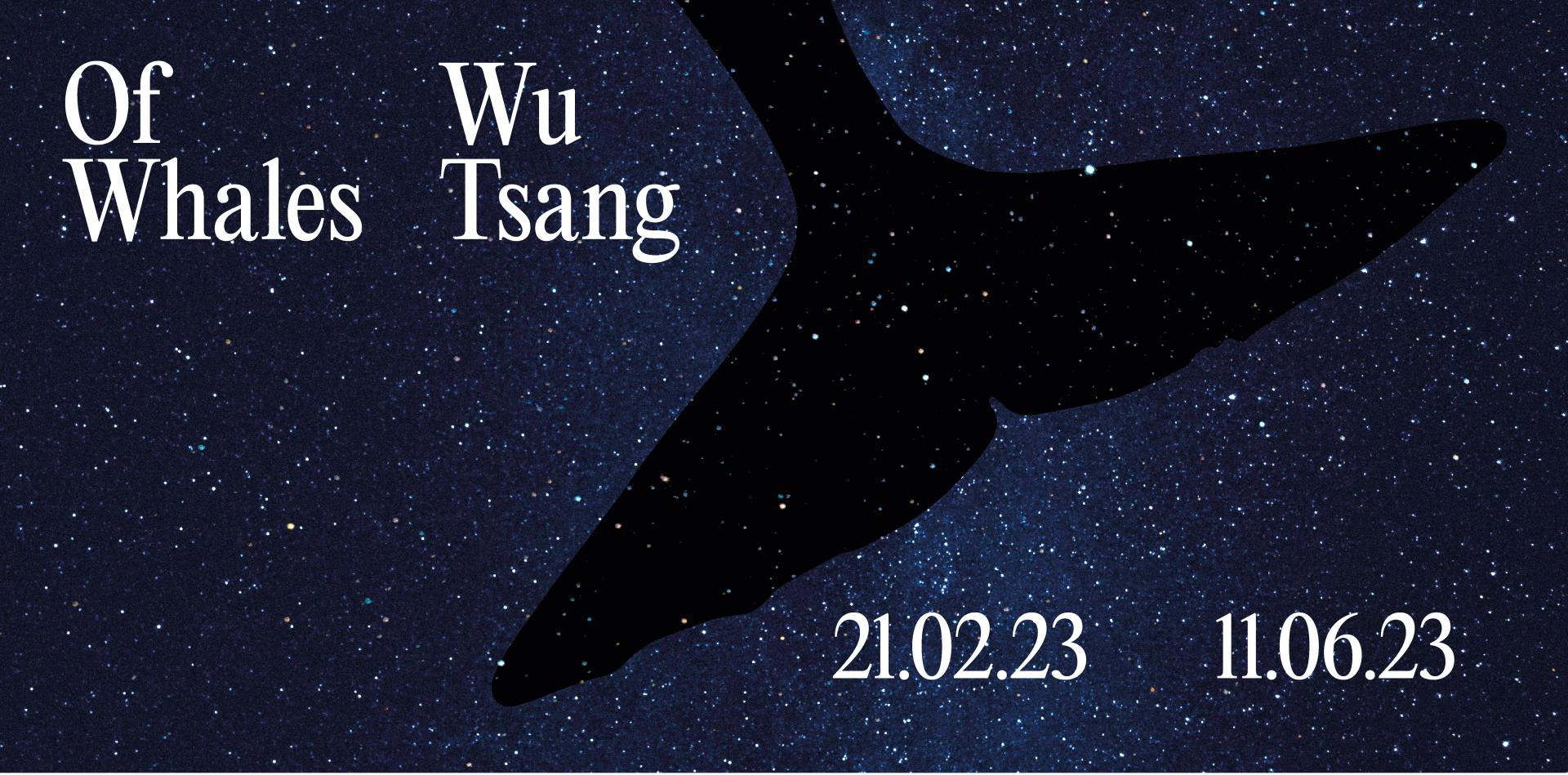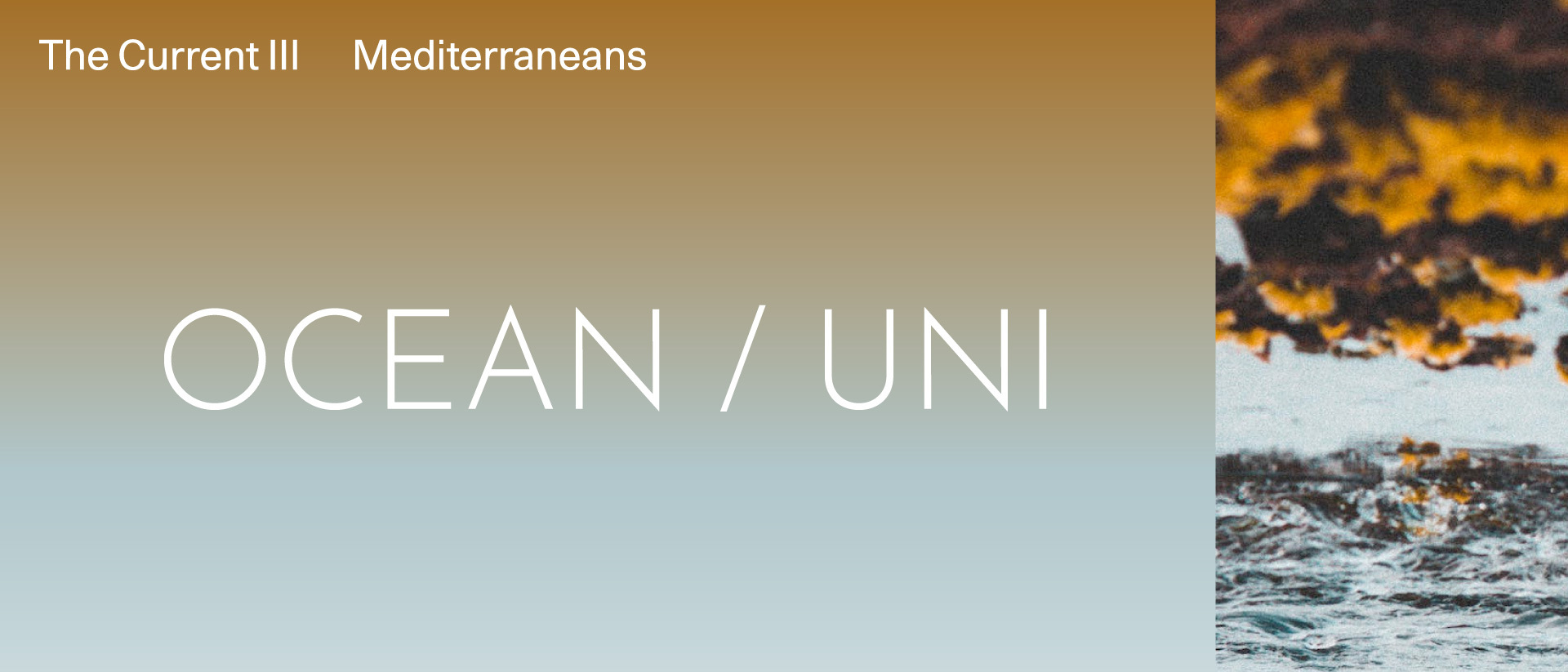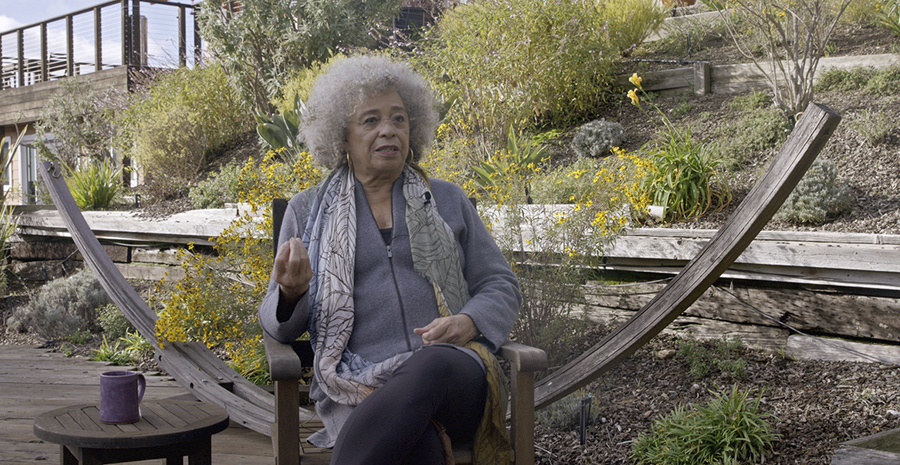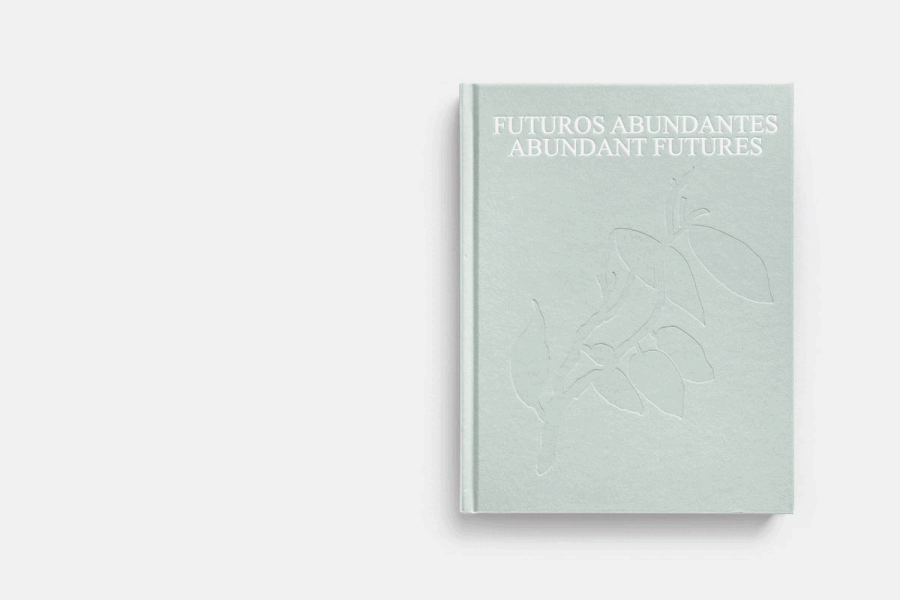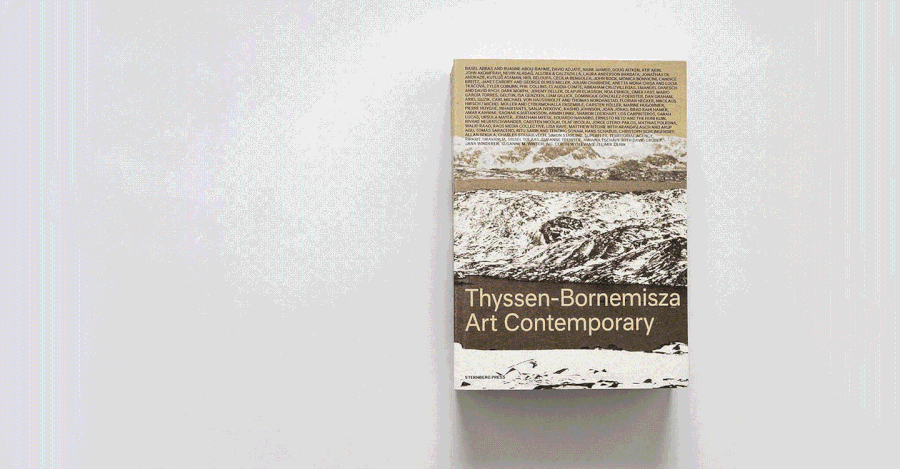Abecedarium: The Ocean in Sign Language

TBA21–Academy
Ocean Space Venice
Education
Solutions to the climate crisis succeed when people with diverse backgrounds, abilities, and skills can contribute to their making.
Participation matters.
The limits of our language can truly be the limits of our world. We believe that everyone should be able to participate in the most pressing issues of our time, and we need to make sure we have the instruments to make communication inclusive and attentive.
We want to create a new vocabulary for the Ocean and its environment, working initially in Italian Sign Language (LIS), a hands-on project by the Italian deaf community.
"Abecedarium: the Ocean in Sign Language" is a new participatory project of TBA21–Academy's Ocean Space, conceived and curated by Valeria Bottalico, museum accessibility expert, and created in collaboration with the Italian National Agency for the Deaf (ENS) and the Italian Institute of Marine Sciences (CNR-ISMAR).
By the deaf community, for the deaf community.
The Italian deaf community is actively involved in mapping out all the existing and known signs relating to the marine world to create a new shared vocabulary.
Although this project has started in Venice, this effort needs to cross both national and linguistic borders. The International Sign (IS) lacks Ocean-related vocabulary too. With your support, we will continue with a translation of Ocean signs in International Sign.
Communication matters.
Language enables the sharing of common ideas. It's not only about the what, but also about the who and the how: it is vital that the most diverse group of people participate in the debate. It is just as vital that there is linguistic nuance available to share common ideas and solutions.
This project originates in Venice, a city on the frontline of the climate crisis in Europe and a city inextricably connected to the Ocean. It is crucial for people living in coastal areas and beyond to be able to articulate the changes in their local environment and participate in the debate about its protection and regeneration. Did you know that the signs for lake and lagoon in Italian Sign Language are one and the same?
In 2019, The Guardian changed the language used about the environment to introduce terms that more accurately describe the crises facing the world. "Climate crisis", "emergency" or "breakdown", for example, are preferred to "climate change". The reason is not only urgency but also clarity and scientific precision. Italian Sign Language, along with many other sign and spoken languages, does not enable these distinctions.
That is why we believe that tools that address accessibility inequalities are needed to ensure inclusive and attentive communication.
We aim to begin with an in-depth, participatory, localized action for the Italian deaf community, as we believe that accessibility projects are successful only when developed by, or in close collaboration with, the community in question, in line with the motto, "nothing about me, without me".
However, we strongly believe that this project has the potential for global development. Adapting and developing the project for individual sign languages of the world (including International Sign) in collaboration with their respective deaf communities could not only create greater awareness of participatory inequalities but also provide the tools to combat them.
Communication alone is not action, but it is meaningful groundwork for change.
This project originates in Venice, a city on the frontline of the climate crisis in Europe and a city inextricably connected to the Ocean. It is crucial for people living in coastal areas and beyond to be able to articulate the changes in their local environment and participate in the debate about its protection and regeneration. Did you know that the signs for lake and lagoon in Italian Sign Language are one and the same?
In 2019, The Guardian changed the language used about the environment to introduce terms that more accurately describe the crises facing the world. "Climate crisis", "emergency" or "breakdown", for example, are preferred to "climate change". The reason is not only urgency but also clarity and scientific precision. Italian Sign Language, along with many other sign and spoken languages, does not enable these distinctions.
That is why we believe that tools that address accessibility inequalities are needed to ensure inclusive and attentive communication.
We aim to begin with an in-depth, participatory, localized action for the Italian deaf community, as we believe that accessibility projects are successful only when developed by, or in close collaboration with, the community in question, in line with the motto, "nothing about me, without me".
However, we strongly believe that this project has the potential for global development. Adapting and developing the project for individual sign languages of the world (including International Sign) in collaboration with their respective deaf communities could not only create greater awareness of participatory inequalities but also provide the tools to combat them.
Communication alone is not action, but it is meaningful groundwork for change.
The Ocean matters.
The Ocean is our greatest ally against the impacts of the climate emergency. It plays a fundamental role in mitigating the world's climate and sustains all life on the planet. Despite being on the brink of collapse, it can still play a central role in averting the outcome. If we know so little about the ocean and its role in the health of the planet, how can we take care of it and feel the urgency for change?
The United Nations has proclaimed the next decade (2021–2030) as the Decade of Ocean Sciences for Sustainable Development with the primary objective of supporting countries in achieving Agenda 2030 Goal 14: Conserve and sustainably use the oceans, seas, and marine resources for sustainable development.
By building a vocabulary of the ocean, which represents both a physical and social connector, an archive of memories of stories, people, journeys, currents, catastrophes, adventures, and much more, Ocean Space intends to respond to the United Nations' call on the Decade of the Sea and help safeguard the planet – with the help of all.
We want to see a world where everyone cares for the Ocean.
The United Nations has proclaimed the next decade (2021–2030) as the Decade of Ocean Sciences for Sustainable Development with the primary objective of supporting countries in achieving Agenda 2030 Goal 14: Conserve and sustainably use the oceans, seas, and marine resources for sustainable development.
By building a vocabulary of the ocean, which represents both a physical and social connector, an archive of memories of stories, people, journeys, currents, catastrophes, adventures, and much more, Ocean Space intends to respond to the United Nations' call on the Decade of the Sea and help safeguard the planet – with the help of all.
We want to see a world where everyone cares for the Ocean.
